- Your cart is empty
- Continue Shopping

Enhancing Cell Therapy with 3D MSC Spheroids
Discover how MSC spheroids boost therapy. Learn mechanisms, production techniques, and in vivo effects for enhanced treatment outcomes.

Discover how MSC spheroids boost therapy. Learn mechanisms, production techniques, and in vivo effects for enhanced treatment outcomes.
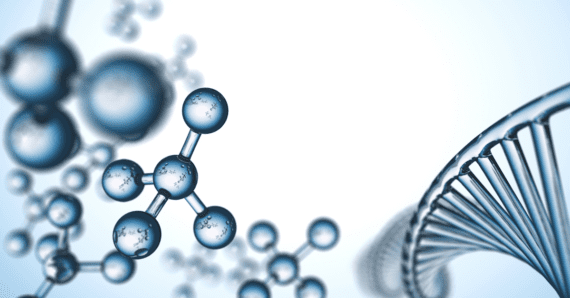
Discover current clinical trials using Mesenchymal Stem Cells (MSCs) for cancer therapy. Learn how MSCs are being studied to treat cancer and alleviate side effects of traditional therapies.
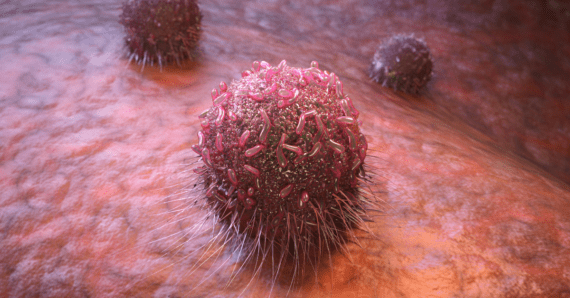
Find out strategies such as genetic engineering and modification of MSCs to enhance safety and efficacy of MSCs in cancer therapy.

This guide helps you understand the different type of growth media to culture Mesenchymal Stem Cells for various aspects of cancer research.
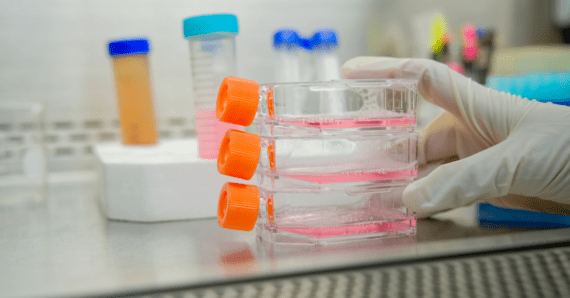
Optimize stem cell cancer therapy research with Mesenchymal Stem Cells (MSCs) quality control. Ensure purity, viability, and functionality for reliable, reproducible results.
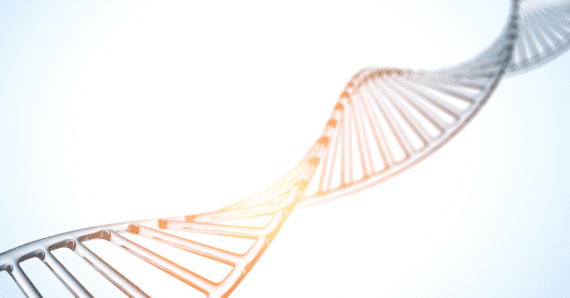
Summary The field of cancer therapy is undergoing transformative changes, driven by the following trends: iPSC-derived MSCs, MSCs-derived EVs, and Cas9-mediated gene editing in MSCs.
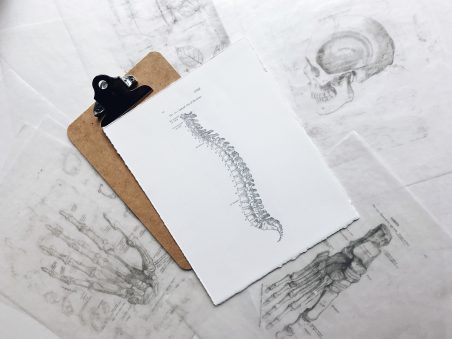
MSC treatment has demonstrated their ability to develop into chondrocytes, healing tissue by producing collagen and matrix, lower inflammation, and provide pain relief for osteoarthritis.
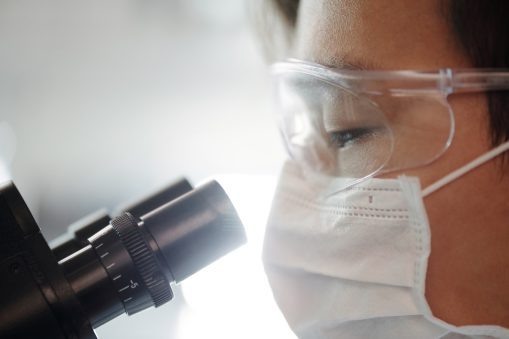
Cancer is a disease that can develop anywhere in our body as a result of excessive cell division. The location and cell types influence the etiology, symptoms, severity, and therapeutic approaches. In brain tumours, more than 75% of adults are affected by glioblastoma. The average survival rate is only two years after diagnosis, and the progression of therapeutic strategies is limited and challenging. These are mainly due to the blood-brain barrier (BBB) blockage, which makes intravenous chemotherapeutic compounds difficult to get through, and the relative rarity of this kind of cancer, which makes it difficult to attract pharmaceutical companies.
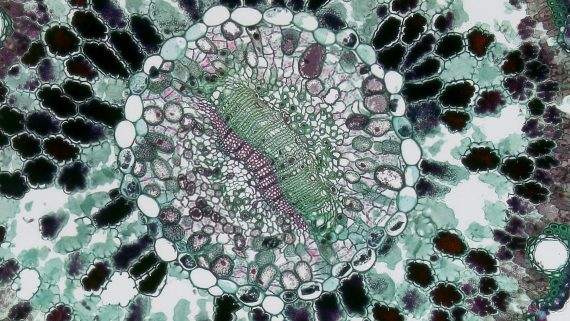
Stem cell therapy is one of the most promising approaches in the field of regenerative medicine. It is to promote the repair response of the diseased or injured tissue to restore the lost function. Many diseases can be targeted by cell therapy. These include blood-related diseases, neuronal degenerative diseases, ischemic and cardiovascular disorders, bone and cartilage diseases, wound healing, etc.

Contact our Customer Care, Sales & Scientific Assistance

Consult and asked questions about our products & services

Documentation of Technical & Safety Data Sheet, Guides and more..